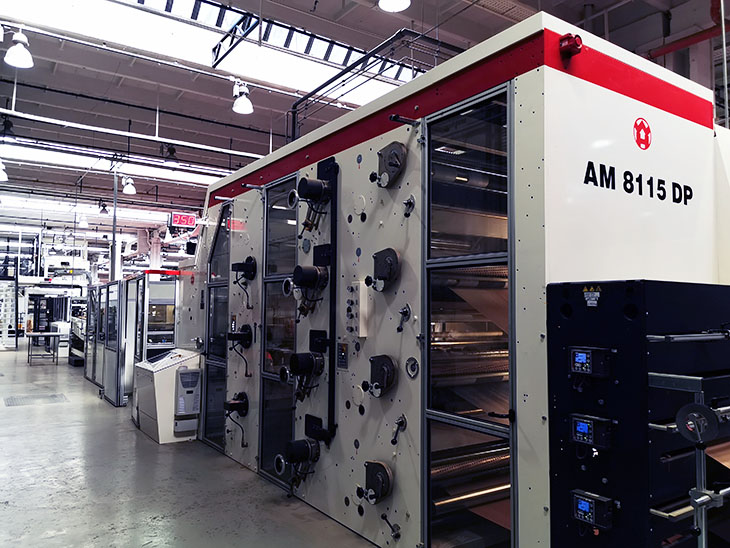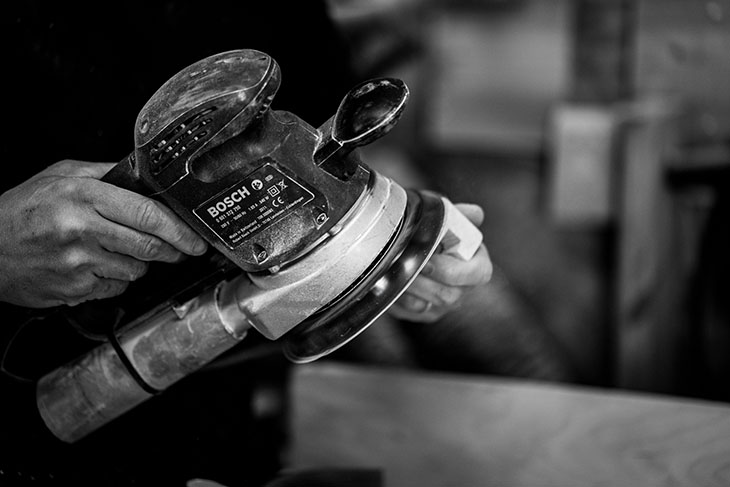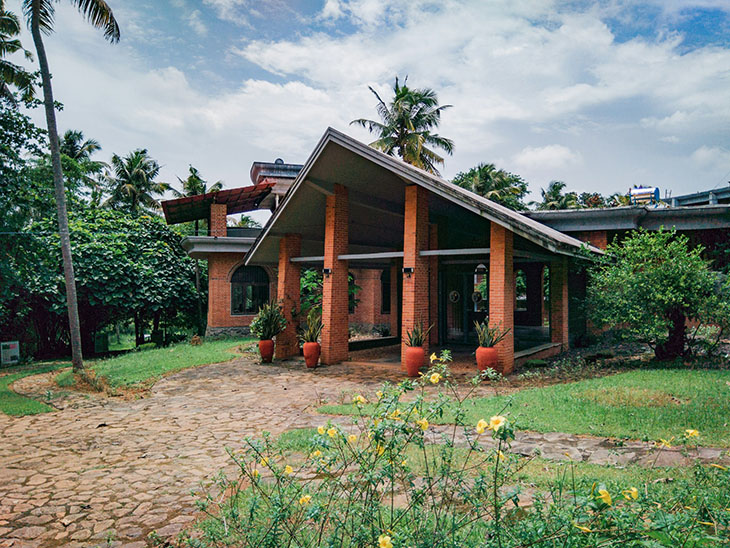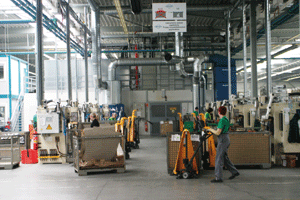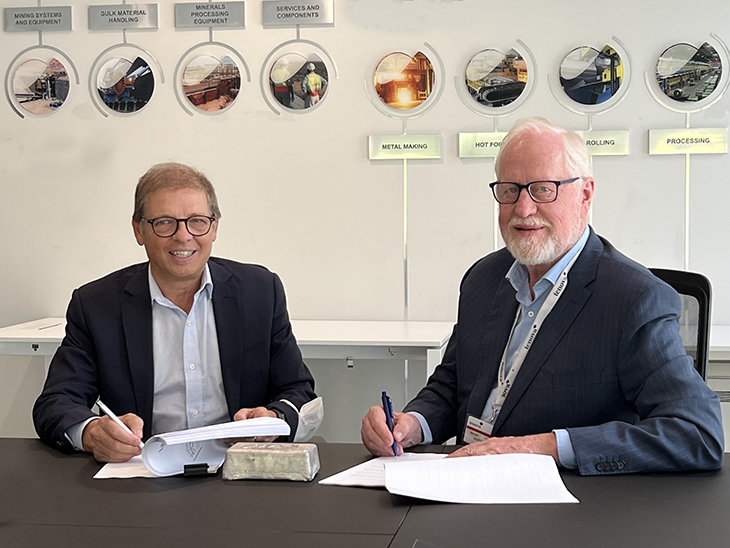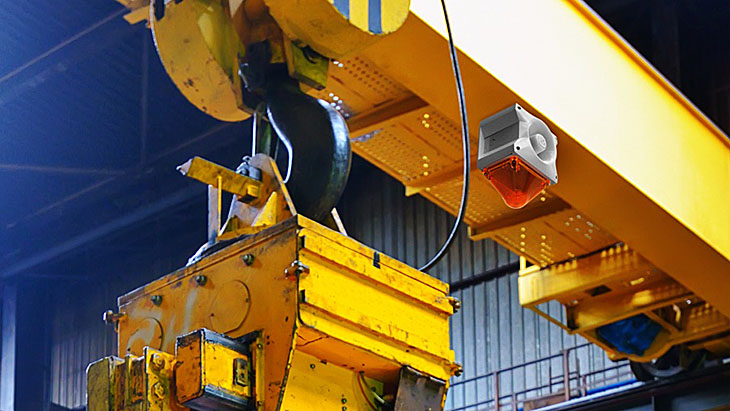- New €7 million investment in state-of-the-art paper sack converting machine at Mondi's plant in Nyíregyháza, Hungary
- The machine will increase the plant’s quality, efficiency and service standards to produce high-end and sophisticated paper sacks for food purposes
- The investment will see 130 million paper sacks produced annually
- Mondi Nyíregyháza is in the process of seeking certification from HACCP to serve the food, feed, and seed industries
30 June 2020 – Mondi, leading global packaging and paper group, has successfully completed the implementation of a new state-of-the-art paper sack converting machine at its Nyíregyháza site in Hungary. The machine – a Windmöller & Hölscher AD 8320 / AM 8115 – allows the plant to produce a new line of sophisticated paper sacks for food packaging. The site will be capable of producing more than 130 million sacks annually.
The Mondi Nyíregyháza plant, which employs more than one hundred people, serves the Hungarian, Romanian, Austrian and Bulgarian market in many industries and sectors. It produces industrial paper sacks (open mouth and valve bags) for applications such as cement, building materials, food-feed-seed, chemicals and pharmaceuticals.
“Our goal is to serve our customers’ needs with excellence, so we focused on increasing the plant’s quality and hygiene standard to be able to produce high-end and sophisticated paper sacks for food. This investment means we are able to enhance our operational efficiency, as well as offering shorter delivery times to our customers. Our ambition to open this line did not diminish despite the beginning of the health pandemic. Working with revised health and safety measures in place, I am very proud of my team's determination to execute this project and deliver this complex product portfolio," said Péter Szabó, Managing Director, Mondi Bags Hungária.
Due to this €7 million investment, the entire layout and set-up of the Nyíregyháza plant was re-designed in four months, including the storage area, printer area, warehouse, and ink kitchen to increase operational efficiency and safety.
The plant is now in the process of seeking the Hazard Analysis and Critical Control Points (HACCP) certification by the end of this year in order to serve the food, feed and seed industry with sacks that meet their high quality and hygiene standards.









